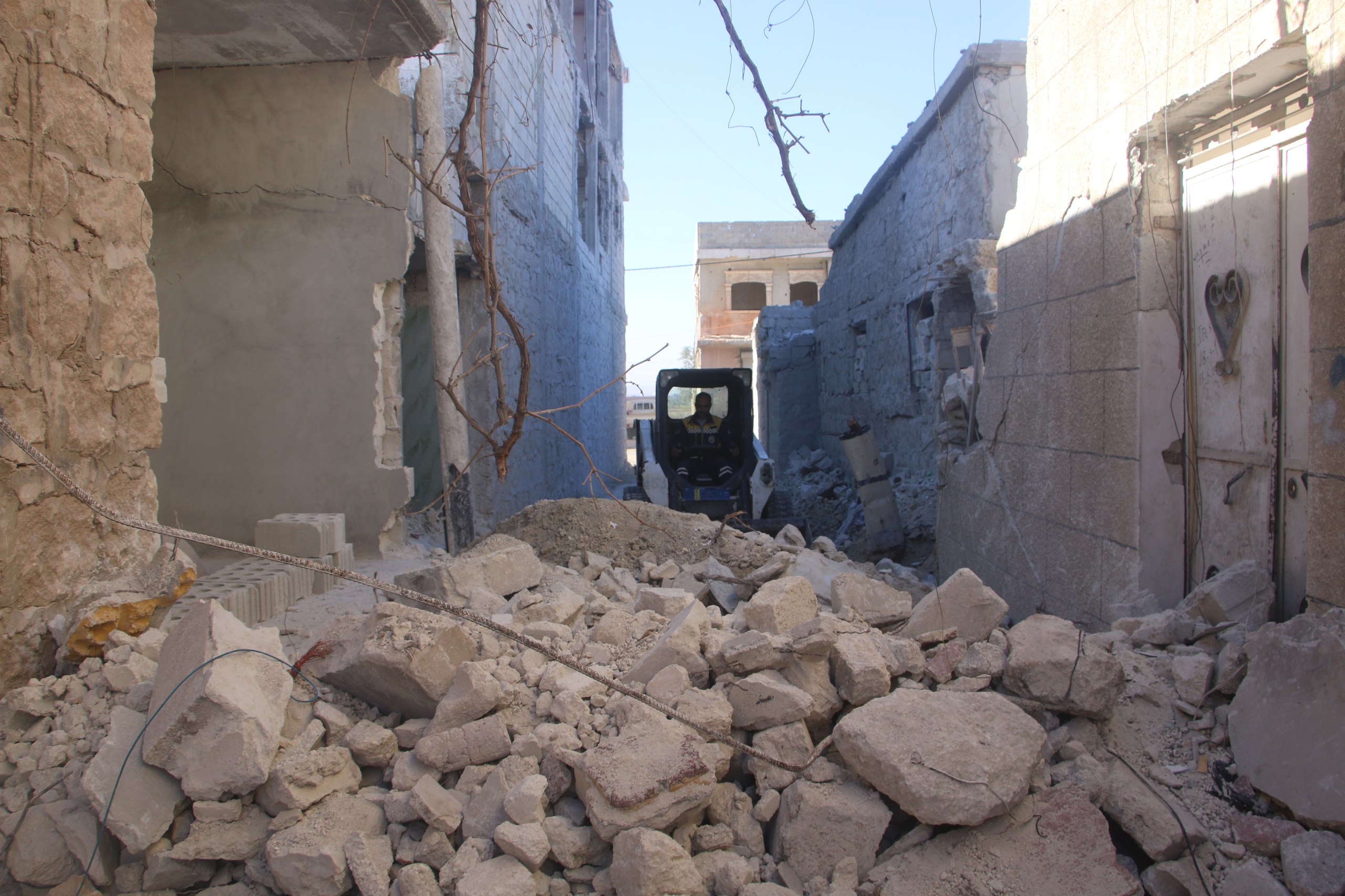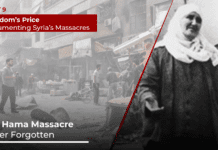
Following the collapse of Bashar al-Assad’s regime, Syria is grappling with a dire humanitarian crisis marked by food insecurity, decimated infrastructure, and a crumbling healthcare system. International organizations are urgently mobilizing resources to address the escalating needs of millions of Syrians, but funding gaps and systemic destruction present significant hurdles.
Food Security
On Thursday, the World Food Programme (WFP) announced it requires $250 million in immediate funding to provide life-saving aid to the 12.9 million food-insecure Syrians. Of these, 3 million are severely food insecure.
Ken Crossley, WFP Country Director in Syria, emphasized the urgency of addressing the crisis. “Food prices have risen sharply, the Syrian currency has collapsed, and basic commodities like rice, sugar, and oil are scarce,” Crossley said. “During this critical time in Syria, WFP teams are on the ground to ensure that the most vulnerable people receive the assistance they need.”
The WFP is scaling up operations to serve 2.8 million displaced people, distributing ready-to-eat meals and food baskets in areas like Homs, Aleppo, Raqqa, and Hasakah. Over the past two weeks, 70,000 displaced people have received fresh meals, yet the scale of need continues to grow.
Qatar has launched an airlift to deliver food, medical supplies, and shelter to Syrians, with the first plane landing in Turkey’s Gaziantep earlier this week. Additionally, the UK pledged £11 million ($14 million) in humanitarian aid to support vulnerable populations. Relief organizations like Caritas International are also stepping up, with calls to rebuild critical water and energy infrastructure, particularly in Idlib, where displaced people face harsh conditions.
Healthcare Sector Devastated
Syria’s healthcare sector has been decimated by years of conflict, with 58% of hospitals rendered non-functional, according to the World Health Organization (WHO). A staggering 98% funding gap further hampers efforts to rebuild the sector.
Dr. Margaret Harris, a WHO spokesperson, described the health crisis as catastrophic. “Millions of Syrians lack access to basic medical care, and the risks in southern Syria are particularly urgent,” she said. Ambulances, medical equipment, and trained personnel are in short supply while rising treatment costs exacerbate the crisis.
The destruction of hundreds of hospitals and the targeting of medical centers by the former regime and its allies have left millions without healthcare. Many doctors and medical professionals fled the country, further straining an already collapsing system.
Infrastructure Attacked
The White Helmets, Syria’s Civil Defense organization, highlighted the massive destruction of civilian infrastructure and homes caused by the Assad regime’s bombardments. “Entire cities and towns are reduced to rubble,” the organization said, warning that the destruction is preventing displaced Syrians from returning to their homes.
This devastation has left millions reliant on humanitarian aid for survival. Organizations on the ground are urging the international community to ease sanctions that impede relief efforts, while also calling for increased support for reconstruction.
International Cooperation Needed
Despite ongoing challenges, aid organizations and governments stress the importance of solidarity with the Syrian people during this transitional period. “Food assistance is not just a lifeline – it’s a reassuring presence that lets communities know they are not alone,” said Crossley of WFP.
Relief groups like Caritas have called for re-evaluating international sanctions to streamline aid delivery, while the Syrian government has appealed to the UN to prioritize humanitarian assistance. The need for comprehensive international cooperation is more urgent than ever as Syria’s new government and its citizens face the immense task of rebuilding a nation scarred by war, deprivation, and decades of dictatorship.








